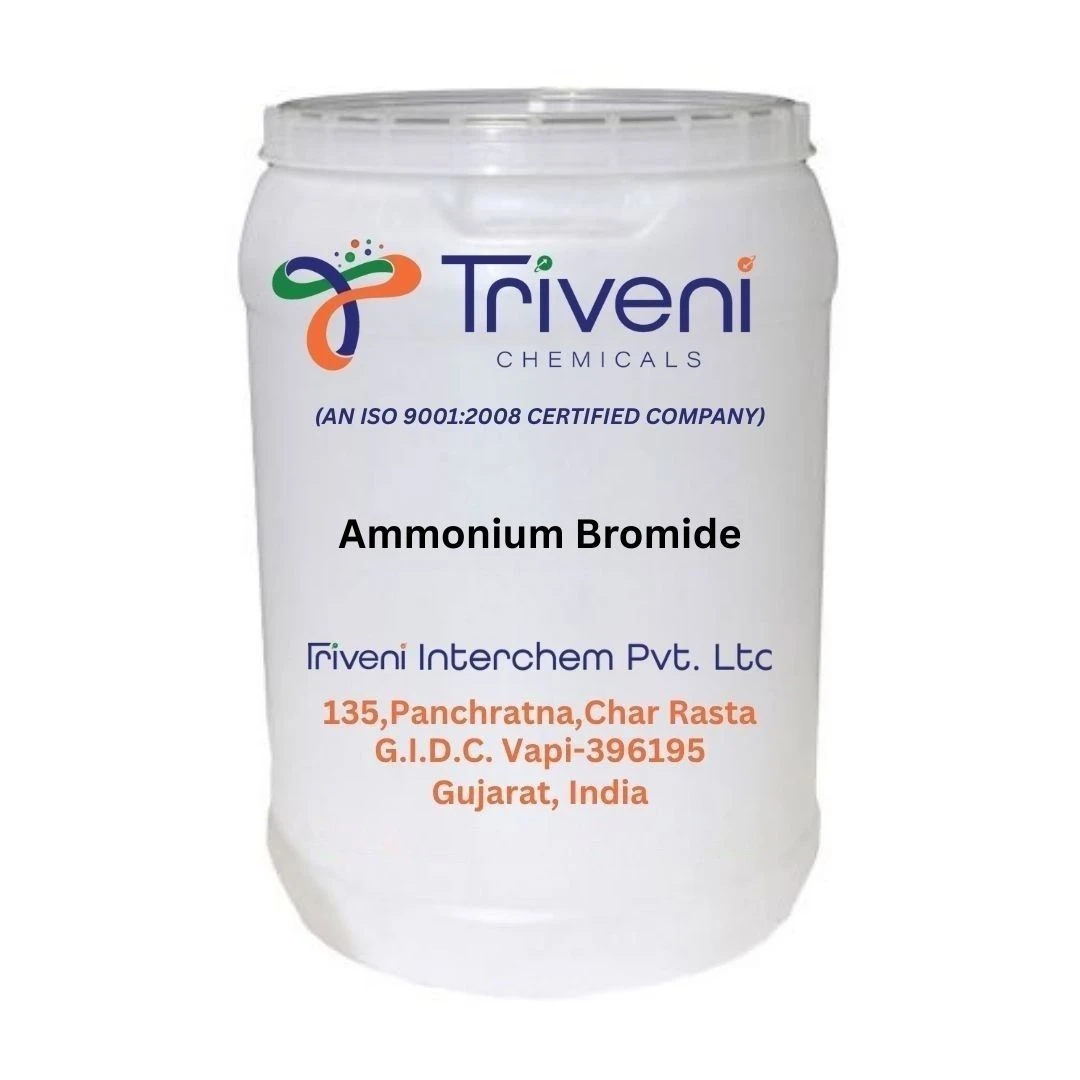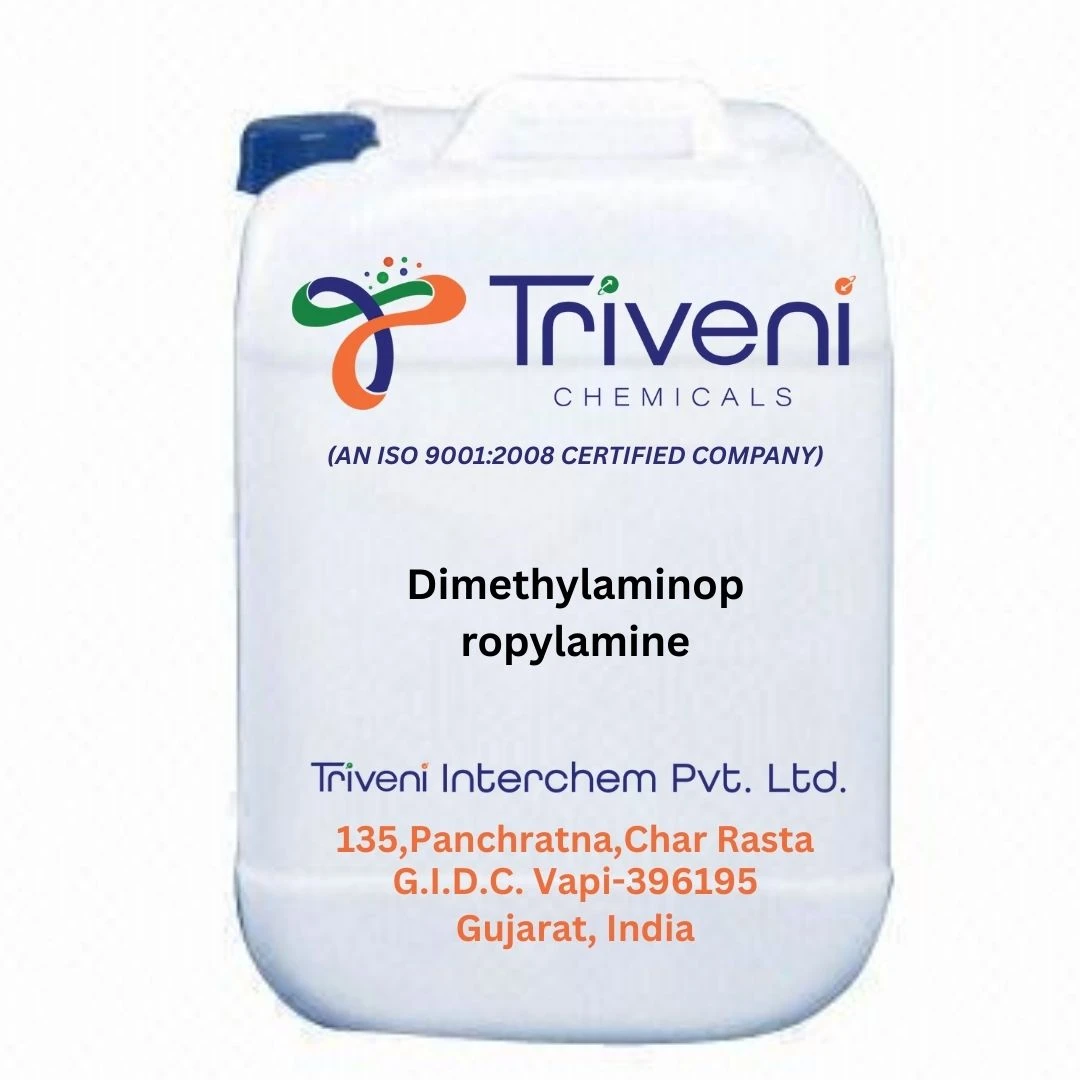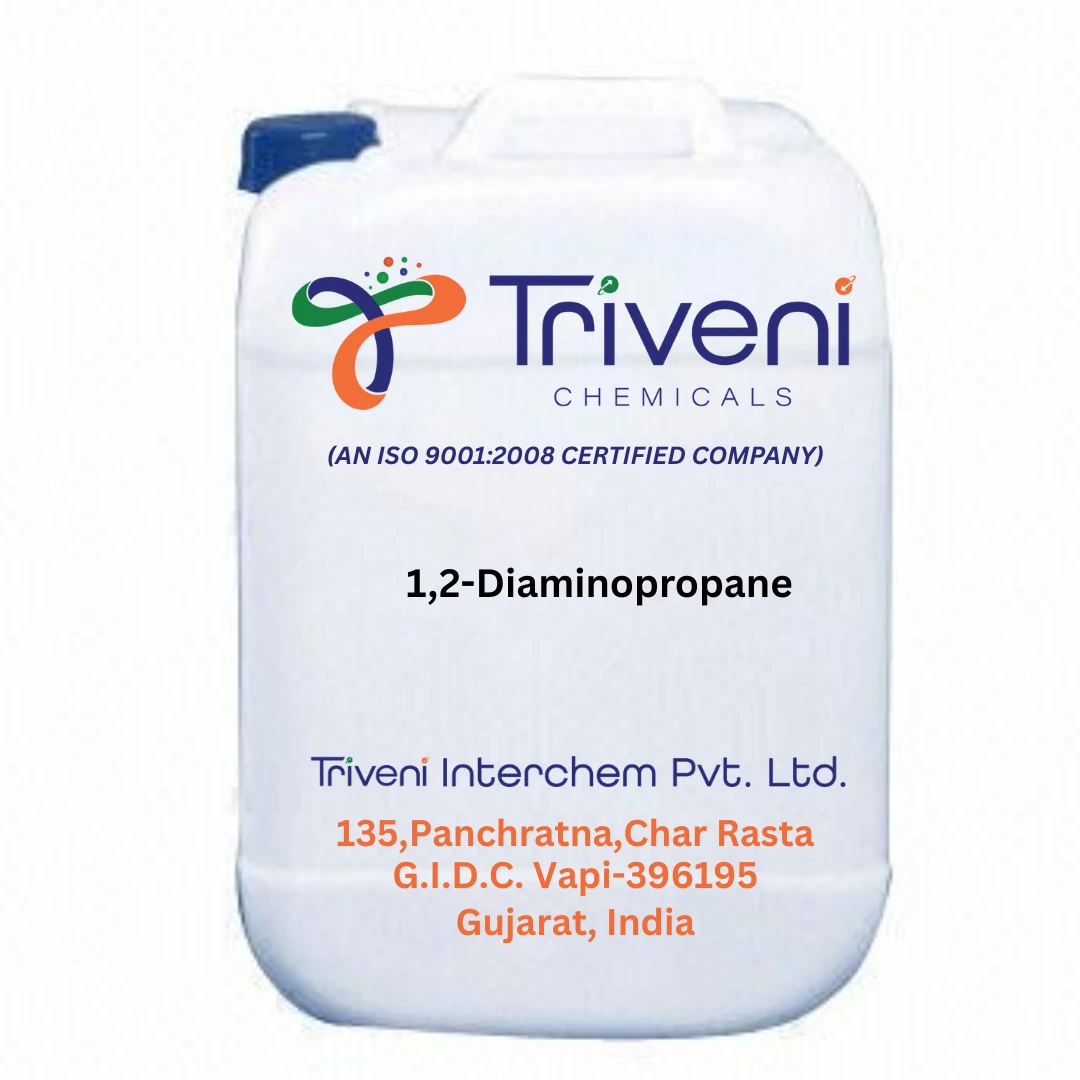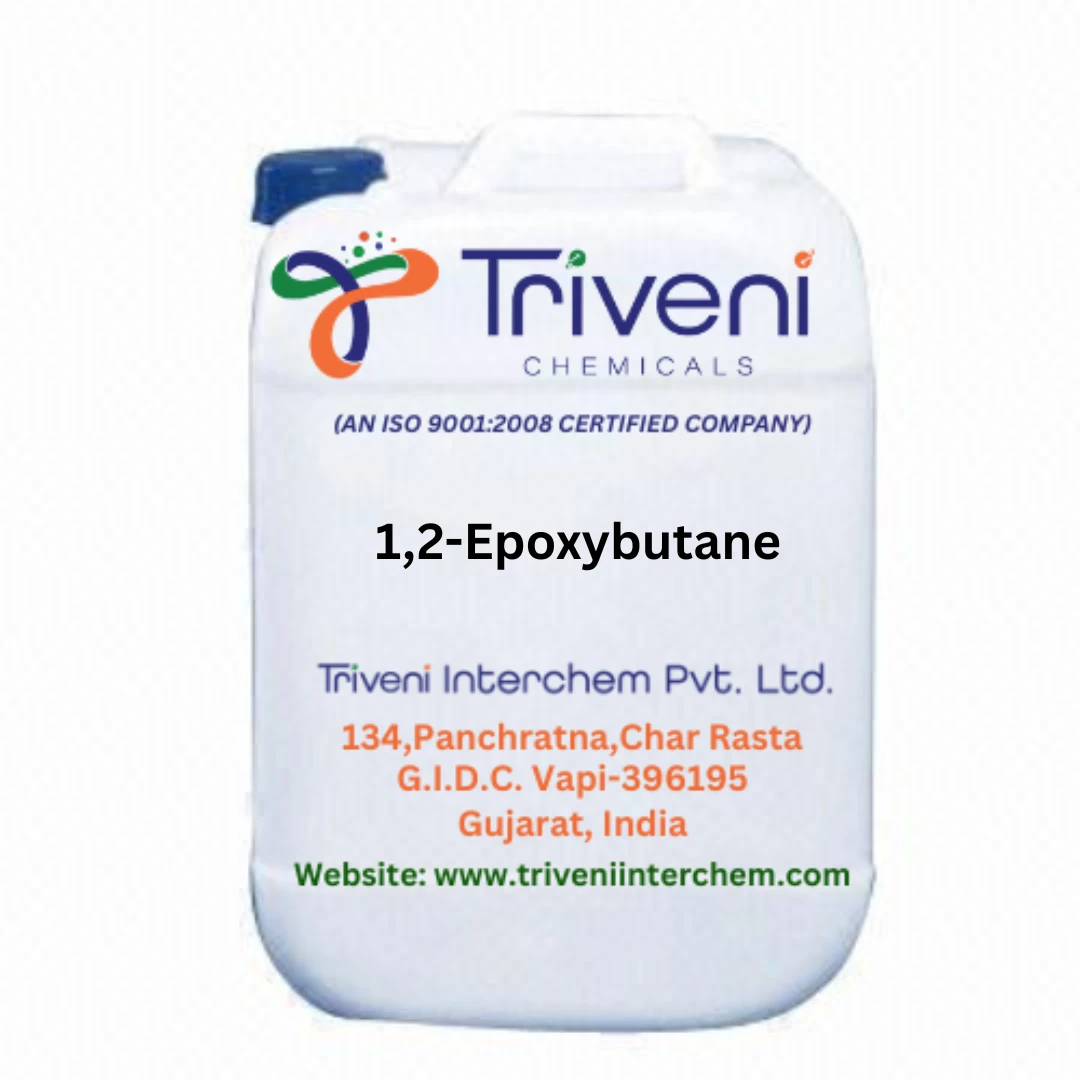Inhibitors of corrosion are essential for shielding metal surfaces from deterioration brought on by chemical reactions with their surroundings. To slow down the rate of corrosion, these substances are made to either passivate the metal surface or change the electrolyte's composition. We examine the different kinds, workings, and uses of..
Inhibitors of corrosion are essential for shielding metal surfaces from deterioration brought on by chemical reactions with their surroundings. To slow down the rate of corrosion, these substances are made to either passivate the metal surface or change the electrolyte's composition. We examine the different kinds, workings, and uses of corrosion inhibitors here. Corrosion Inhibitor Types Anodic Inhibitors: These block the anodic reaction by covering the metal surface with a protective layer. Phosphates, molybdates, and chromates are a few examples. Cathodic Inhibitors: These chemicals work by usually absorbing onto the metal surface and obstructing the cathodic sites to lower the rate of the cathodic reaction. This group includes sulfonates and amines. Mixed Inhibitors: These offer complete protection by combining the advantages of cathodic and anodic inhibitors. Heteroatoms such as nitrogen, oxygen, or sulfur included in organic molecules frequently function as mixed inhibitors. Principles of Corrosion Refusal Adsorption: The majority of inhibitors work by creating a protective coating by adhering to the metal surface. As a result, there are fewer active sites accessible for corrosion. Film Formation: When specific inhibitors interact with ambient metal ions, a protective film is created. By acting as a barrier, this film keeps the electrolyte from getting to the metal. Modifying Electrolyte Composition: Certain inhibitors alter the electrolyte's pH or ionic makeup, reducing its corrosiveness against the metal surface. Uses Oil and Gas Industry: To stop steel infrastructure exposed to corrosive fluids and harsh conditions from corroding, inhibitors are essential in storage tanks and pipes. Automotive Industry: To prevent rust and degradation in engine components, coolant formulas include corrosion inhibitors. Aerospace: Because aircraft parts are subjected to harsh environments, inhibitors assist prolong the life of essential components like the aluminum alloys used in airframes. Infrastructure: Corrosion inhibitors in concrete help shield embedded steel reinforcement in bridges, buildings, and other structures. Water Treatment: To ensure water quality and system longevity, inhibitors are added to water systems to stop pipes and fittings from corroding. To sum up, corrosion inhibitors are crucial instruments for maintaining the longevity and integrity of metal structures in a variety of industries. They are essential in preventing the expensive effects of corrosion because of their many methods and applications.






